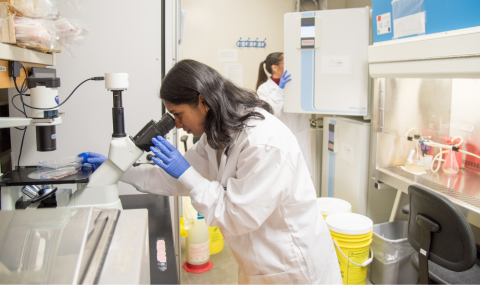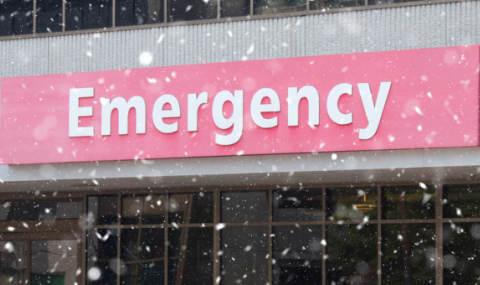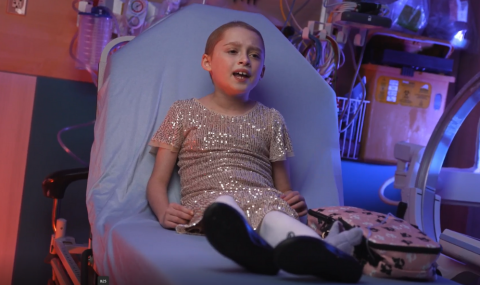General Information about Surgery
Before your surgery:
- Do not eat or drink anything , including water, after midnight the night before surgery unless instructed otherwise by your surgeon.
- Leave jewellery and valuables at home.
- Ensure that you tell the staff if you are taking any 'blood thinners' or other medications.
- You will change into a hospital gown and likely have an intravenous started.
- Sequential compression stocking may be applied in order to help prevent blood clots from forming in your legs during and after surgery.
Family and Friends:
- Family and friends may wait in the Perioperative Waiting Room.
- The surgeon will come and speak to them following surgery, so it is advisable for them to remain there if they would like this opportunity.
After Surgery:
- You will wake up in the Post Anesthesia Care Unit (PACU or 'recovery room').
- A breathing tube may be in your mouth to help with your breathing. Once you are awake and able to breathe on your own, the breathing tube will be removed and you will be transferred to the Thoracic Observation Unit.
- If you need more help with your breathing, you may be transferred to the Intensive Care Unit.
- While in the Thoracic Observation Unit, you will be monitored closely.
- You may have a number of tubes. Some will be coming from your chest (chest tubes), your bladder (catheter), and/or your arms or neck (intravenous lines). You may have drains from surgical sites.
- Some patients will also have an epidural in their back for pain control.
- These tubes will be removed over the next few days as you recover.
- To help prevent blood clots from forming in your legs, you may be given a blood thinner injection daily.
Pain Control:
- There is moderate to severe pain with major surgery. A variety of methods are used to control pain.
- You may receive an epidural which delivers pain medication directly around the spinal cord, or an intravenous that you control to give yourself medication, a Patient Controlled Analgesia (PCA) as needed. These are usually started in the operating room to help decrease the pain immediately after surgery.
Physiotherapy:
- You may be seen by the Thoracic Physiotherapist who will help you with deep breathing, coughing, and getting out of bed.
- Walking after surgery is very important.
Going Home:
- Once all of the tubes are removed, you should be ready to go home.
- In some cases, patients are discharged with a chest tube and shown how to care for it.
- The length of stay is between 3-10 days depending on the type of surgery done.
- You must go home with either a friend or relative by private vehicle or by taxi, NOT by public transportation.
- Most patients do NOT need home care support.
Dressings:
- Bandages will cover the sites where there were incisions and/or chest tubes.
- These bandages should be kept dry and left in place for 2 days.
- After 2 days, remove the bandages and gently wash the wound with mild soap in the shower.
- Do not take a bath until all of the wounds are healed.
- Further dressings are not needed, but you may cover the wound with a dry gauze if there is any drainage from it.
Activities:
- You are encouraged to do your regular activities.
- No heavy lifting for 6 weeks.
- Do not drive a car for 2 weeks following a major surgery.
Prescriptions:
- You will be given prescriptions for pain or other medications when you are discharged.
- Additional prescriptions will be given if needed.
- Family physicians may also renew your prescriptions.
Surgical Staples and Stitches:
- You will be advised when surgical staples can be removed and this can be done by your family physician.
- Chest tubes stitches usually remain for 2 weeks and can be removed by your family physician.
Follow-up Visits:
- Before you leave the hospital, you will usually be given a follow-up appointment with your surgeon.
- This will be in anywhere from 1-6 weeks time depending how you are doing when discharged.
- Final pathology results from your surgery will be discussed during this appointment.
Call your surgeon's office if you have:
- Excess Bleeding from a wound.
- Drainage from a wound.
- Excess Pain.
- Shortness of breath.
- Yellow or green sputum.
- Temperature of 38.5°C or 101.50°F.



